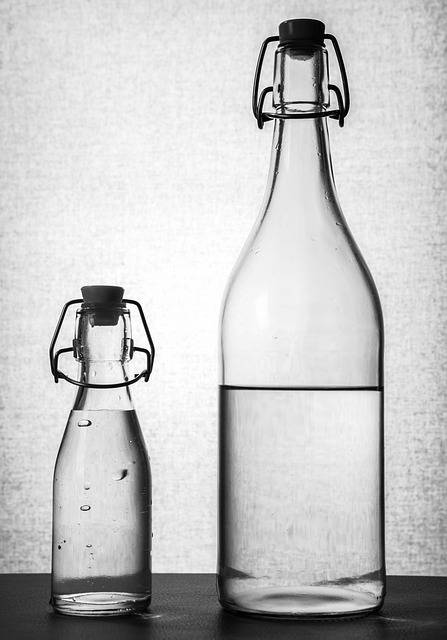Role Of Nutrients, Unclean drinking water tanks are a source of cancer.
Silent danger: Unclean drinking water tanks are a source of cancer.
![]()
Unclean drinking water tanks are indeed a silent danger and can be a significant source of cancer. Here’s how:
- Chemical Contaminants: Water stored in tanks can become contaminated with various chemicals, including pesticides, industrial solvents, and heavy metals like lead and arsenic. Long-term exposure to these substances can increase cancer risk.
- Microbial Contaminants: Unclean tanks can harbor bacteria, viruses, and parasites. While these pathogens primarily cause infections, some bacteria produce toxins that have carcinogenic properties.
- Disinfection Byproducts: Improperly treated water can contain disinfection byproducts (DBPs) such as trihalomethanes (THMs) and haloacetic acids (HAAs), which are formed when disinfectants like chlorine react with organic matter in the water. These byproducts have been linked to bladder and other cancers.
- Radon and Other Radioactive Elements: Radon gas can dissolve into groundwater and accumulate in water tanks. When water containing radon is used, especially in showers, the radon can be released into the air and inhaled, increasing the risk of lung cancer.
- Persistent Organic Pollutants (POPs): Compounds like polychlorinated biphenyls (PCBs) and dioxins can contaminate water supplies and have been linked to various cancers.
Preventative Measures:
- Regular Cleaning and Maintenance: Ensuring that water tanks are cleaned regularly and well-maintained can prevent the buildup of harmful contaminants.
- Proper Filtration Systems: Installing and maintaining effective water filtration systems can help remove contaminants.
- Routine Testing: Regularly testing water quality can help detect and address contamination issues early.


Recommended Products
Thyroid Cancer Health Care Set
Enlarged Lymph Nodes, Inflammation
Kidney Inflammation Health Care Set
Oral Cancer Health Care Set